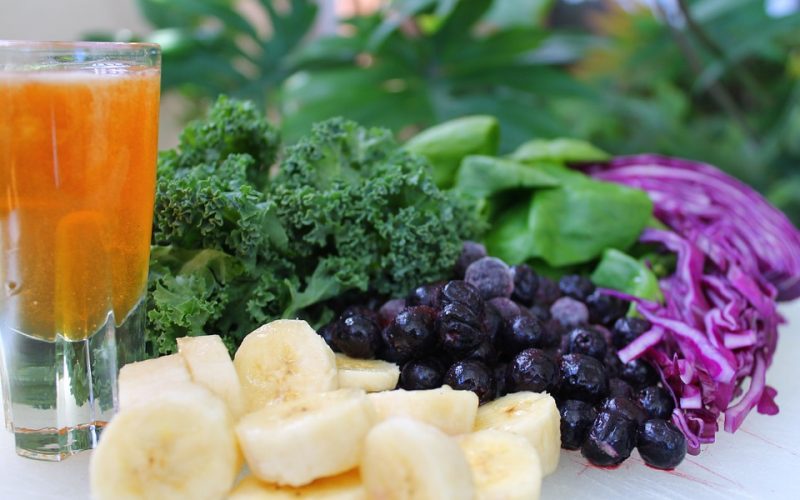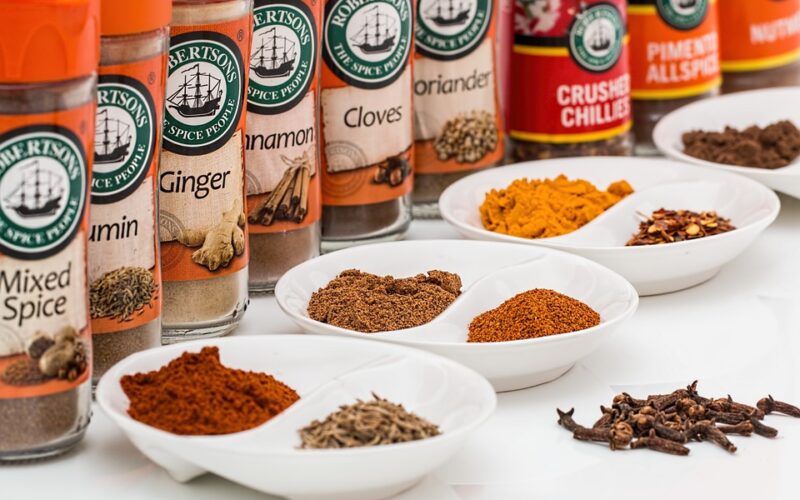When many people decide to improve their personal fitness, their first thought is often to join a gym or start a new workout routine. While physical activity is a vital component of a healthy lifestyle, true fitness is not achieved by exercise alone. The food we consume plays an equally important, if not more significant, role in reaching our health and wellness goals. Understanding the relationship between diet and exercise is fundamental to creating an effective and sustainable fitness plan. Think of your body as a high-performance vehicle; exercise is how you drive it, but your diet is the fuel that makes it run. Without the right fuel, even the best engine will fail to perform.
Fuelling your body for optimal performance
Exercise places demands on our bodies, and nutrition provides the necessary resources to meet those demands. Carbohydrates are the primary source of energy for high-intensity workouts, while protein is essential for muscle repair and growth. Fats also serve as a crucial energy source, particularly for longer, less intense activities. Without adequate nutrition, you may find yourself feeling fatigued during workouts, experiencing slower recovery times, and failing to see the results you're working so hard for. A balanced diet ensures your body has the macronutrients and micronutrients—vitamins and minerals—it needs to function at its best, both in and out of the gym. Proper pre-workout and post-workout nutrition can significantly enhance performance, reduce muscle soreness, and support recovery.
You can't out-train a poor diet
One of the most common misconceptions in personal training is the idea that you can eat whatever you want as long as you exercise enough to "burn it off." This mindset often leads to frustration and a plateau in progress. While exercise does burn calories, it's incredibly difficult to create a significant calorie deficit through physical activity alone, especially when consuming highly processed, calorie-dense foods. For instance, a vigorous 30-minute run might burn around 300-400 calories, which can be quickly offset by a single sugary drink or a pastry. Focusing solely on exercise without addressing dietary habits is an inefficient approach to weight management and overall health. Sustainable results are built on a foundation of sensible eating habits that complement your activity level.
The impact of nutrition on body composition
When we talk about fitness, it's often not just about the number on the scale but about body composition—the ratio of fat to lean muscle mass. Diet has a profound impact on this ratio. A diet rich in lean protein supports muscle protein synthesis, which is the process of building and repairing muscle tissue, especially when combined with resistance training. Conversely, a diet high in refined sugars and unhealthy fats can promote fat storage and inflammation, undermining your efforts in the gym. By aligning your nutritional intake with your fitness goals, you can more effectively reduce body fat while preserving or even increasing lean muscle mass, leading to a stronger, healthier physique.
Long-term health benefits
The partnership between diet and exercise extends far beyond physical appearance and performance. Together, they form a powerful defence against chronic diseases. A balanced diet rich in fruits, vegetables, whole grains, and lean proteins helps regulate blood sugar, lower blood pressure, and reduce harmful cholesterol levels. When paired with regular physical activity, which strengthens the cardiovascular system and improves insulin sensitivity, the protective benefits are amplified. This combination is instrumental in reducing the risk of developing conditions such as type 2 diabetes, heart disease, and certain types of cancer. It is a long-term investment in your future health and quality of life.
Creating a holistic approach to wellness
To truly achieve your potential, it's essential to adopt a holistic view that integrates both diet and exercise in your personal training regime. Start by setting realistic, specific goals for both your nutrition and your workouts. Instead of making drastic changes overnight, focus on small, consistent improvements. This could mean adding an extra serving of vegetables to your dinner, swapping sugary drinks for water, or ensuring you have a protein-rich meal after a strength training session. By viewing diet and exercise as two inseparable pillars of your health, you create a synergistic effect where each component enhances the other, paving the way for lasting success and a greater sense of well-being.














